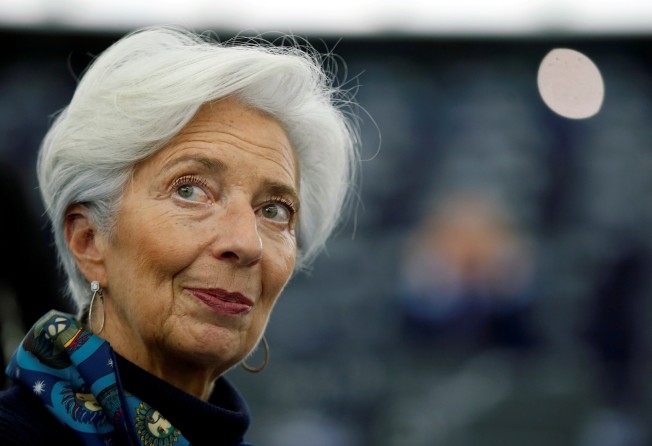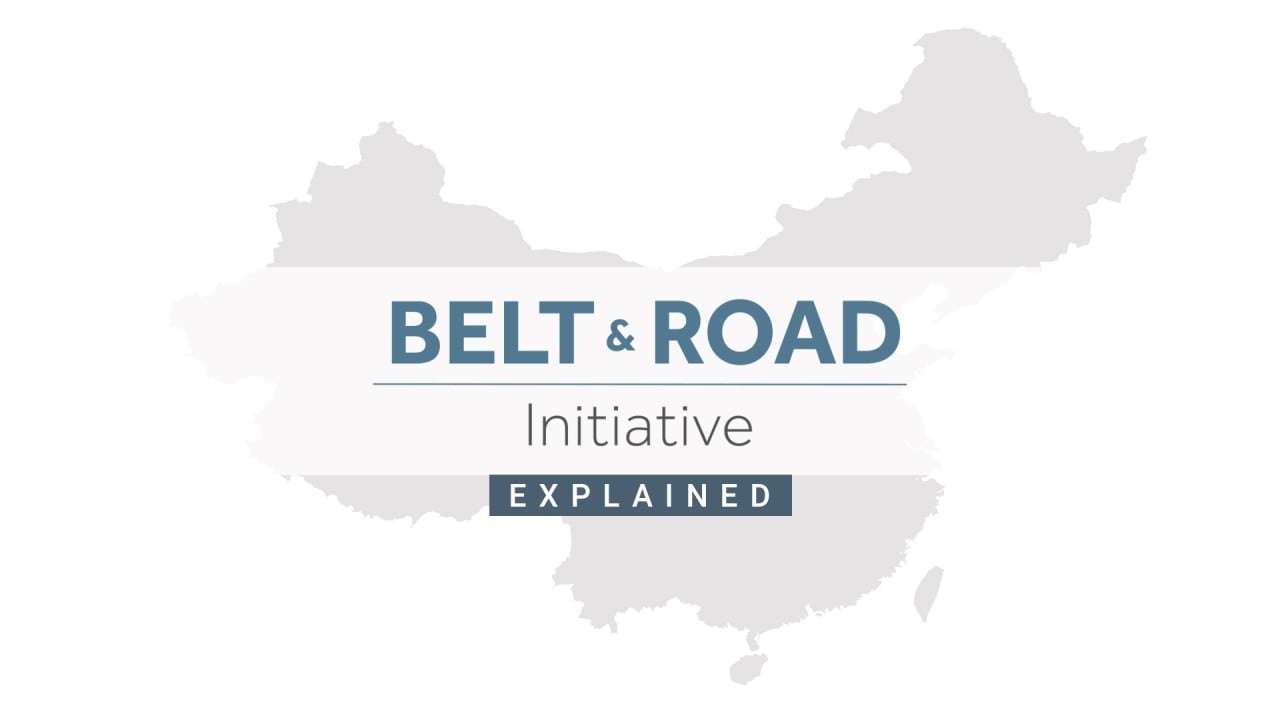Why a German court’s challenge to the EU is more disturbing than Trump’s outrage or China’s tantrums
- Even without Covid-19, there is no shortage of disturbing news, from the Hong Kong police’s crackdown on protesters to Chinese bullying in the South China Sea and Beijing’s beef with Canberra
- But a German court’s decision to challenge a central tenet of European unity is perhaps the biggest worry

It has been a dismal period for news, even setting aside Covid-19 and US President Donald Trump. Indeed, the coronavirus may be a cover for some of the nastiness.
Here in Hong Kong, we have the spectacle of police seemingly wanting to punish dissent by attacking and pepper spraying chanters of slogans they find disagreeable. It is hard not to feel that, as after the 1967 riots and until the Independent Commission Against Corruption was formed, loyalty to the government gives officers carte blanche (in those days, mostly for syndicated corruption).
I am reminded of former head of the Central Policy Unit Leo Goodstadt, who died last month. He described police corruption as like a bus. Officers could jump on board, run alongside knowing what was happening but not participating, or stand in front and be run over.
One person who seems to fear being run over by Beijing's political bus is Chief Executive Carrie Lam Cheng Yuet-ngor who evidently cares more about what it thinks of her than what Hongkongers think. As for the Chinese flag and national anthem, they are as much symbols of the Communist Party as of the nation, let alone of Chinese civilisation.
Some pro-democracy figures in Hong Kong are calling for foreign support. That is unwise, as it is too easily classed as being unpatriotic. But it should be remembered, not least by its apparatchiks, that in its early days in the 1920s, China’s Communist Party was financed and to some extent directed by Moscow’s Comintern (Communist International) via its agents Henk Sneevliet and Mikhail Borodin.
Big bully tactics may come naturally to the unchallenged rulers of a great country but they have cancelled out any kudos China may have earned from its successes against Covid-19 and the daily propaganda gifts handed out by Trump.
Its latest imperialist forays in the South China Sea are one way to lose friends in Asia, regardless of how much money is dangled in front of some politicians. It will also stir up popular anger against ethnic Chinese urged to show support for their former motherland. An influx of Chinese workers on belt and road projects was already an issue, and resentment against local Chinese dominance of big business is never far below the surface.
It is hard to imagine anything more brazen than Beijing’s South China Sea claims, in contravention of the UN Law of the Sea, and in particular the exclusive economic zones off the coasts of the littoral nations. This is not an issue of China vs the US, which merely wants freedom of navigation, but involves the nations which occupy some 70 per cent of the sea’s coastline.
China’s globe-spanning bullying is shown again in its overt threat to Australia’s beef and barley exports, after Canberra had the temerity to ask for an independent inquiry into the origins of Covid-19. This is just part of a pattern of pettiness and arrogance which makes a nonsense of Beijing’s claims to play by World Trade Organisation rules.
Other recent recipients of its temper tantrums include South Korea and, in particular, the Lotte Group, as well as Norwegian salmon because Liu Xiaobo got a Nobel Peace Prize. Canada and Sweden have also been the subject of petty revenge. Slights, real or imagined, to the Chinese are blown out of proportion to spur nationalism.
On the subject of bullying, news from Germany has also been disturbing. Close to the 75th anniversary of Germany’s wartime defeat, the nation’s constitutional court has seen fit to challenge the very foundation of the European Union by suggesting that it can override the EU’s highest court.
Is German exceptionalism set to ride again and wreck an enterprise put together over so many years in response to the 1939-45 war?
The German court doubts the constitutionality of the European Central Bank’s quantitative easing through balance sheet expansion – a policy which, rightly or wrongly, has become the norm in developed countries since 2008. In short, German judges are saying they can override what has been an EU principle – that EU decisions override national ones. This is the very principle which so outraged the Little Englanders behind Brexit.
This German action could do more fundamental damage to order and cooperation in the world than either Trump’s outrage or China’s tantrums.
Philip Bowring is a Hong Kong-based journalist and commentator
Help us understand what you are interested in so that we can improve SCMP and provide a better experience for you. We would like to invite you to take this five-minute survey on how you engage with SCMP and the news.

